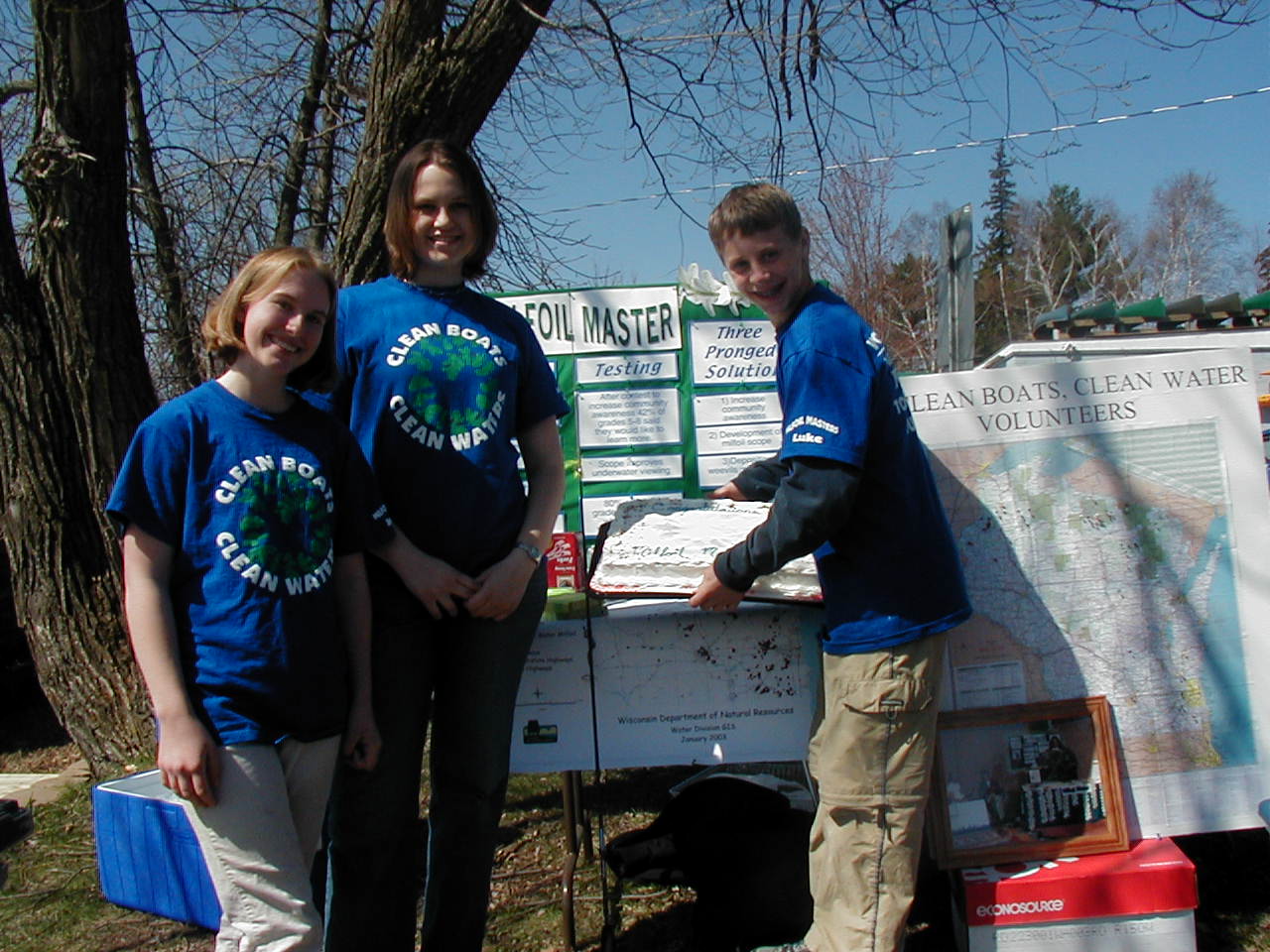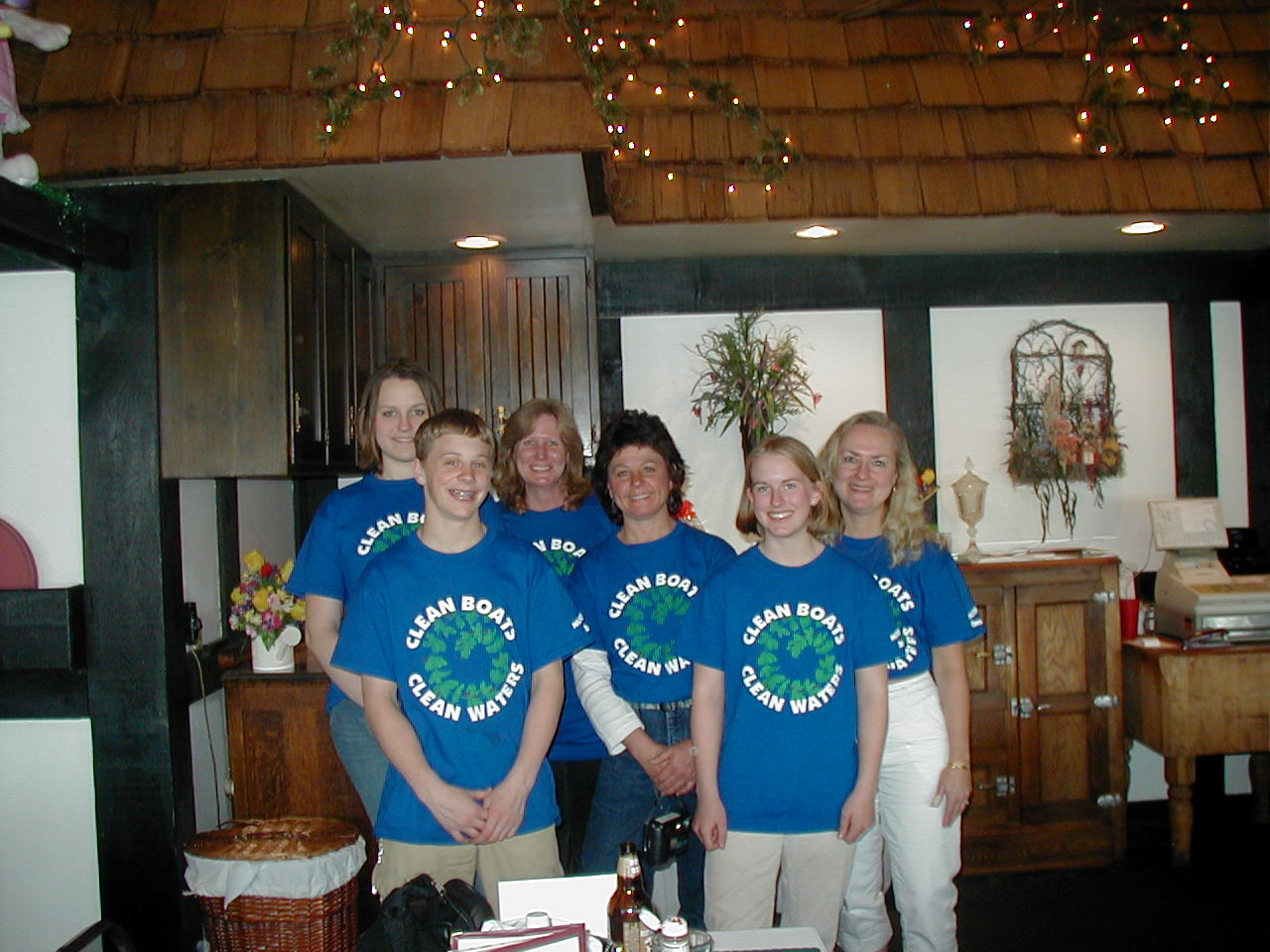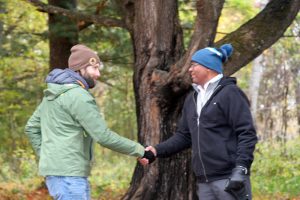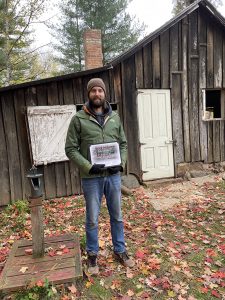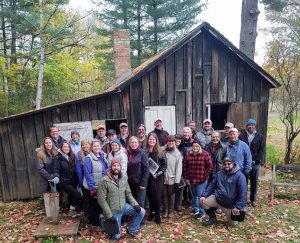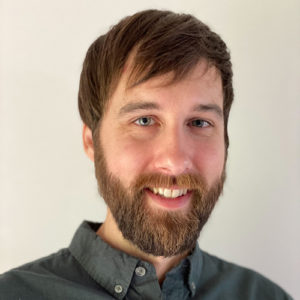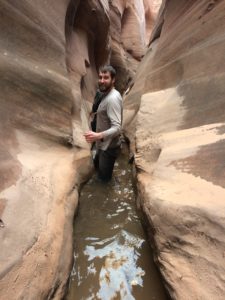Aquatic Invasive Species Snapshot Day returns August 9
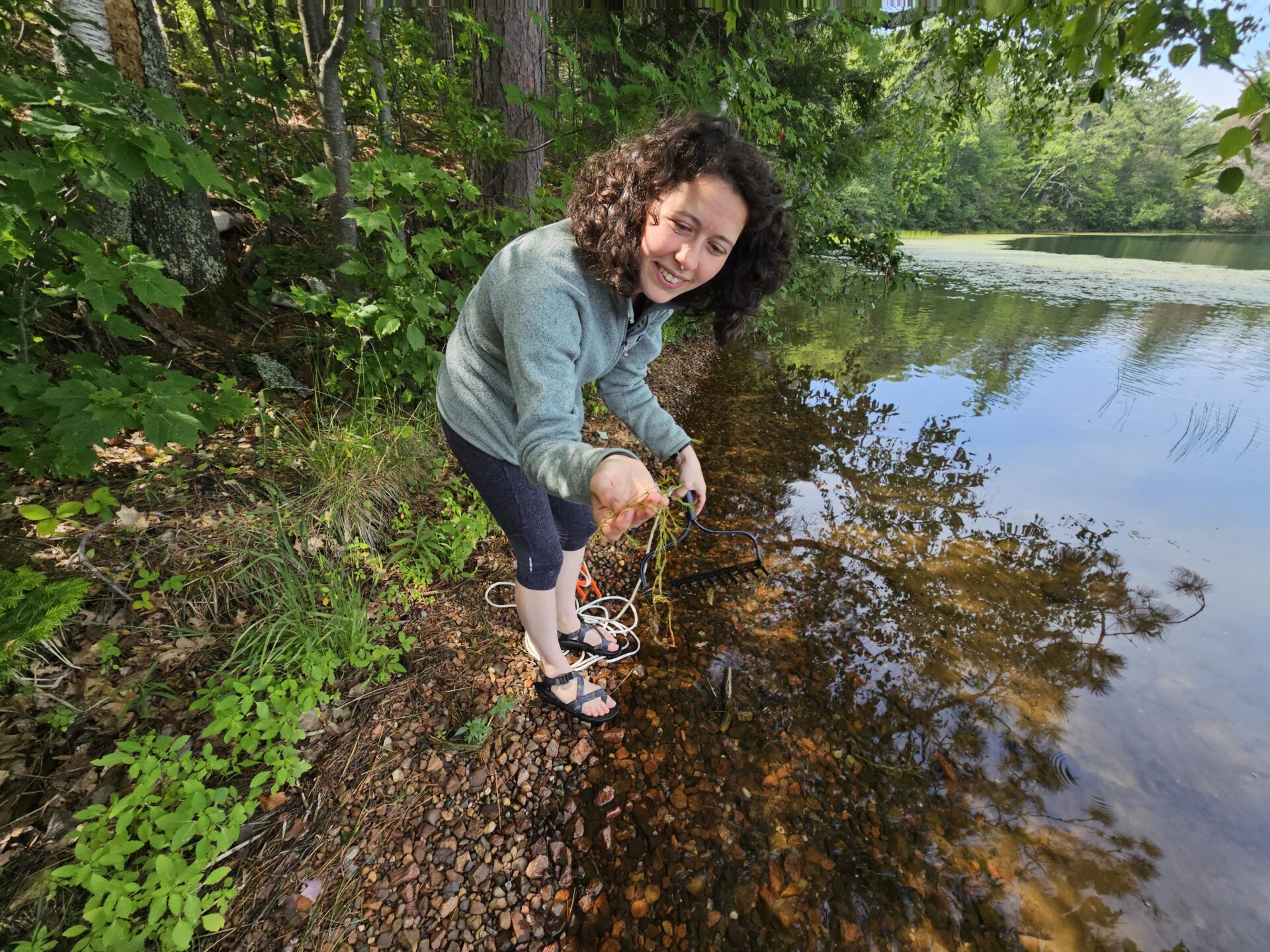
A Snapshot Day participant inspects an aquatic plant. Credit: University of Wisconsin–Madison Division of Extension
The University of Wisconsin–Madison Division of Extension and Wisconsin Sea Grant invite nature lovers of all ages to participate in Aquatic Invasive Species Snapshot Day on August 9, 2025. The statewide event will be held at over 20 locations across the state and invites volunteers to search for aquatic invasive species (AIS) in rivers, lakes, and wetlands.
“Snapshot Day is a great way to engage volunteers for a one-day event, and it helps people learn a lot about the streams and rivers close to their homes,” said Tim Campbell, Wisconsin Sea Grant’s AIS outreach specialist. “It also creates a boatload of monitoring data that the state depends on. We’re happy to be a part of it.”
On the day of the event, volunteers will gather at local training sites hosted by community conservation partners. After a brief training on how to identify AIS and follow search protocols, participants will visit designated monitoring sites to search for invasive species. Any potential invasive species found will be cataloged with the Wisconsin Department of Natural Resources, supporting control and management efforts.
Scott McComb, Wisconsin Sea Grant’s southeast Wisconsin AIS outreach specialist, will be coordinating data collection throughout Milwaukee County. This is the fourth year he’s participated in Snapshot Day. “I like that it allows people to directly help the lakes and rivers in their community,” said McComb. “It’s also a great opportunity for folks to connect with others who share an interest in water and being outside.”
The event is free, and no prior experience or special equipment is needed. Register and see all event details at: https://wateractionvolunteers.org/events/aquatic-invasive-species-snapshot-day-2025/
Advance registration is preferred to help site leaders build monitoring plans but will remain open until August 8, 2025. This event is recommended for ages 8 and up; minors must be accompanied by an adult.
***
The University of Wisconsin Aquatic Sciences Center administers Wisconsin Sea Grant, the Wisconsin Water Resources Institute, and Water@UW. The center supports multidisciplinary research, education, and outreach for the protection and sustainable use of Wisconsin’s water resources. Wisconsin Sea Grant is one of 34 Sea Grant programs supported by the National Oceanic and Atmospheric Administration in coastal and Great Lakes states that encourage the wise stewardship of marine resources through research, education, outreach, and technology transfer.
The post Aquatic Invasive Species Snapshot Day returns August 9 first appeared on Wisconsin Sea Grant.News Releases | Wisconsin Sea Grant
News Releases | Wisconsin Sea Grant
https://www.seagrant.wisc.edu/news/aquatic-invasive-species-snapshot-day-returns-august-9/

